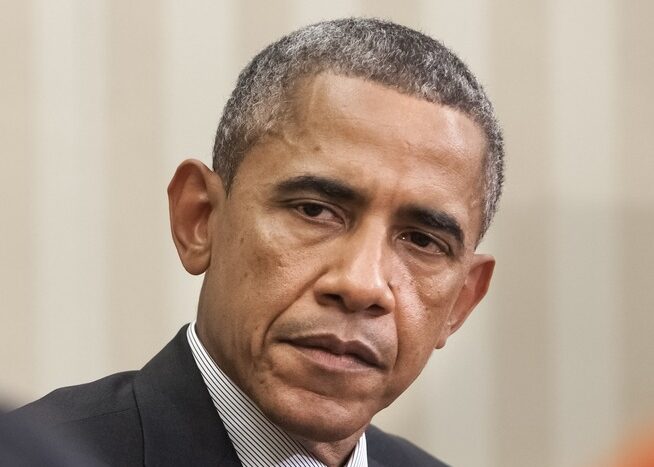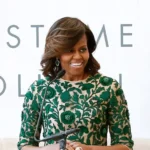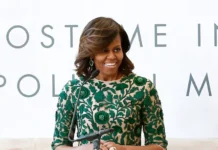According to a forthcoming book by Jonathan Allen and Amie Parnes, former President Barack Obama privately opposed former Vice President Kamala Harris becoming the Democratic candidate for the 2024 presidential election.
The book, “FIGHT: Inside the Wildest Battle for the White House,” describes how Obama advocated for an open primary or convention following former President Joe Biden’s withdrawal from the race, as he doubted Harris’ capability to defeat Donald Trump.
Allen shared on MSNBC that, according to sources close to Obama, he opposed Biden seeking another term. Furthermore, Obama reportedly did not consider Harris an ideal alternative for the Democratic Party. Allen explained that Obama quietly pushed for alternative processes like a small-scale primary or an open convention to explore other candidates.
Allen, a senior politics reporter at NBC News, and Parnes, a senior political correspondent for The Hill, discussed their book on MSNBC. The authors claim that Obama’s doubts about Harris significantly influenced the political maneuvers after Biden stepped down.
“As it turned out, she didn’t win, but he was really working against her,” Allen said during his MSNBC appearance.
The book also reveals that Obama hesitated to endorse Harris immediately when Biden dropped out and endorsed her. Obama and former First Lady Michelle Obama endorsed Harris five days after Biden’s announcement.
According to the authors, Obama’s efforts to prevent Harris from securing the nomination included a strategic phone call with influential South Carolina Congressman James Clyburn on the day Biden withdrew.
Allen explained, “Clyburn thought to himself, this guy is going to try to rope me into the open convention thing, I better get my endorsement of Harris out there fast, so this is a short conversation.”
The book asserts that Obama’s opposition to Harris contradicted the widespread support she received from Democratic Party leaders once Biden withdrew. This revelation sheds light on the complex political dynamics within the Democratic Party during the 2024 election cycle.
Reports indicate that Biden and Harris’s relationship also faced challenges during and after the campaign. The book describes how Biden insisted Harris maintain loyalty to his policies and legacy.
An excerpt from the book published in The Hill describes a phone call between Biden and Harris before a debate, during which Biden instructed her to align with his administration’s positions. “No daylight, kid,” Biden reportedly told Harris.
The authors write that Biden “expected Harris to protect his legacy” and “had no interest in giving her room” to diverge. This reportedly constrained Harris during her campaign, drawing criticism for not differentiating from Biden’s policies. Harris once stated on “The View” that she couldn’t think of anything she would have done differently than Biden during his first term.
The relationship between Biden and Harris is reportedly strained post-election. Sources indicate Harris was saddened by Biden’s public assertion that he believed he could have won against Trump.
The book also reveals that Obama harbored doubts about Biden as a candidate for years. According to the authors, Obama did not want Biden to run for president in 2016 or 2020 because he did not see him as a strong candidate.
Despite these reservations, Obama campaigned for Harris in Pennsylvania in October 2024, urging voters, particularly Black men, to support her candidacy over Trump.
Allen and Parnes’s book explores other aspects of the 2024 election, including Trump’s survival of felony charges, an assassination attempt on his life, and Harris’s intense 107-day campaign after Biden’s withdrawal.
The findings in “FIGHT” provide insight into the factors that influenced the 2024 presidential election, where Trump ultimately defeated Harris to reclaim the presidency.











